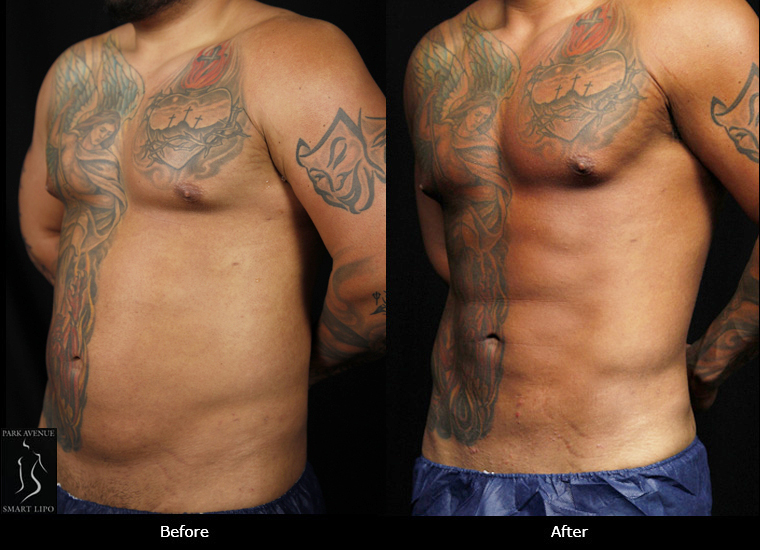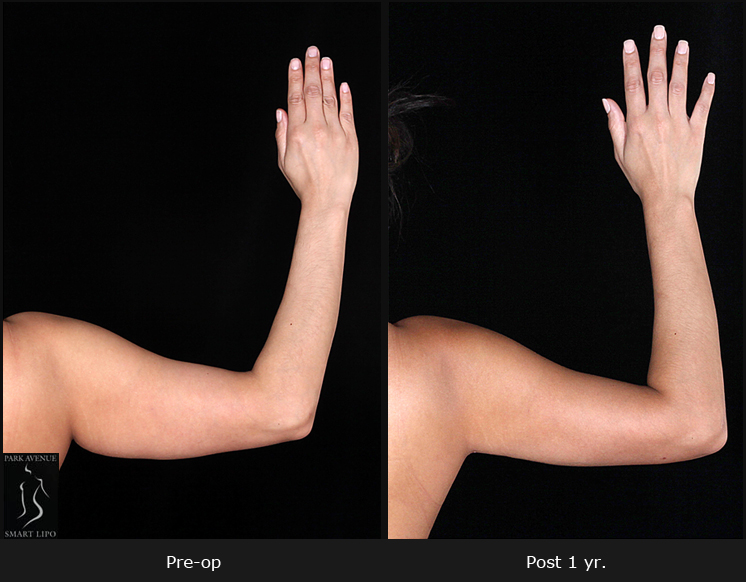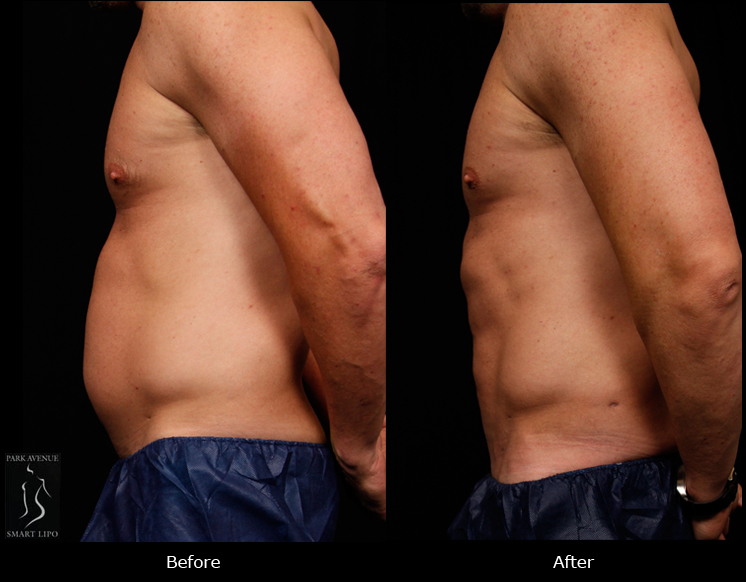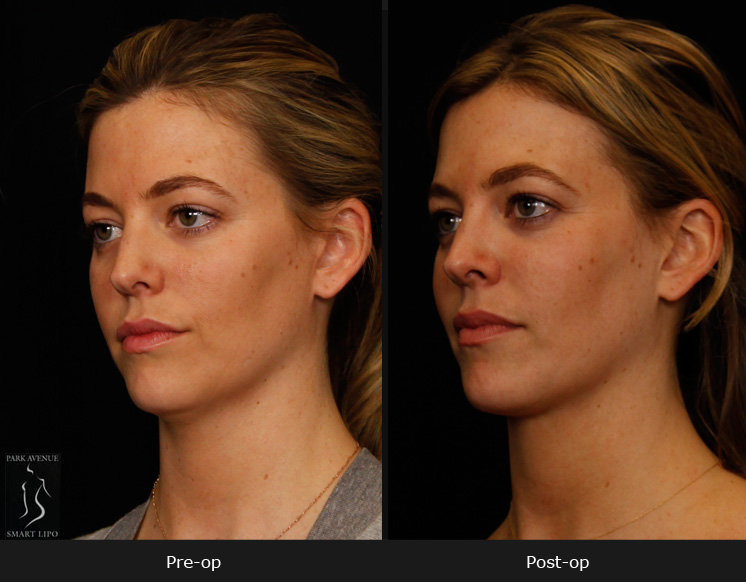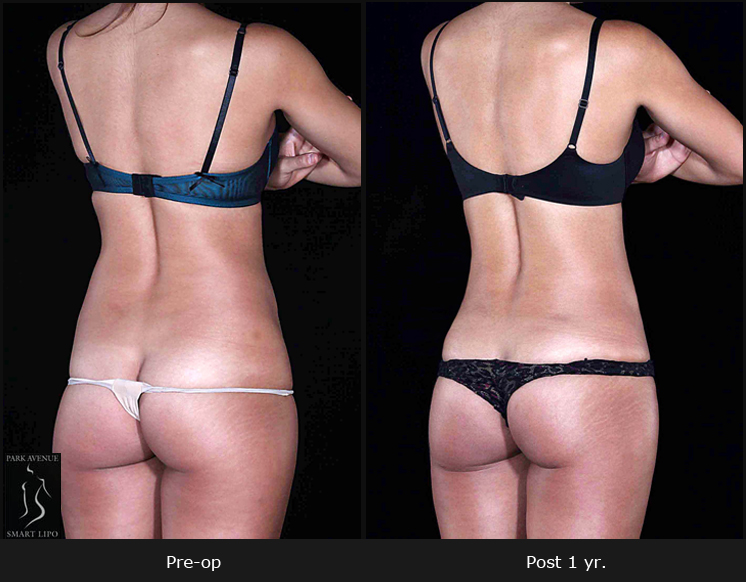Liposuction, a popular cosmetic surgical procedure, removes stubborn fat pockets which don’t budge even with rigorous workouts and diets. The procedure helps men and women achieve an attractive, well-shaped physique. Today, liposuction in NYC is performed using advanced minimally-invasive technologies like SmartLipo Triplex, which not only remove excess fat but also provide skin tightening benefits. Though laser liposuction treatment involves shorter downtime and faster recovery than conventional liposuction surgery, you can get back to strenuous exercise activities only when healing is complete. Let’s see what NYC liposuction surgeons have to say about this.
One common question patients ask is: can I lift weights after liposuction? The answer is yes, you could lift weights after your liposuction procedure – but not too early. While it is important to perform exercises after surgery, you don’t want to do anything vigorous, which means no heavy lifting, no aerobic activity, or anything that’s going to raise your heart rate and blood pressure, especially in the first week after liposuction surgery – be it invasive or minimally-invasive. Heavy lifting too soon after a procedure can lead to a greater risk of bleeding in the treated area.
Generally, patients are advised to perform moderate resistance training or exercises around 4th to 6th week post-liposuction. But when you begin, go slow and build up according to your comfort. A good rule when starting exercise after surgery is to begin at 25 percent of your normal effort level – while following the recovery guidelines provided by your surgeon – and then gradually increase the intensity as you feel comfortable. To reduce risk of injury, it’s better to avoid free weights until you have recovered fully.
Liposuction recovery varies from patient to patient and the number of areas treated. So it is always recommended that patients use their sense and pursue a healthy balance of activity and exercise to get back on track post-lipo. Pushing too soon to lifting weights or any other heavy activates and not listening to your body will only create complications for your liposuction recovery. So be patient and get enough rest – this is a critical part of the healing process. Follow the basic guidelines recommended by your plastic surgeon and gradually get back to your routine activities.
Patients are usually advised to start doing light activities soon after liposuction in NYC. This means you can start walking immediately after the procedure, which will reduce swelling and minimize chances of blood clots. Moreover, it is beneficial to stay mobile and there is no need to be bed-bound. Based on your specific procedure, your surgeon will recommend the right time to start light exercises such as going for a brisk, short walk and more strenuous exercises. Patients may be advised to wear their compression garment during exercise for the first several weeks.
Final liposuction results usually depend on factors such as the patient’s age, areas treated, and the amount of fat removed. Minimal swelling and bruising is common after the procedure. While the initial swelling will go down over the first few weeks, some swelling may last for a few months. As weight gain can affect results, patients need to stick to a healthy lifestyle incorporating proper diet and regular exercise for long-lasting outcomes.
If you are considering liposuction in New York City, choose an AAAASF-accredited plastic surgery facility that offers the services of surgeons who are experts in performing the procedure. A reliable surgeon will evaluate your concerns and provide customized treatment to help you achieve your aesthetic goals. Such surgeons will also show you before and after pictures of liposuction of previous patients. Viewing these images will give you an idea about the surgeon’s skill and the extent of changes that the procedure can bring about. They will be ready to answer all your questions and guide you throughout your recovery period. In addition to liposuction procedures to zap excess fat in various areas of the body, leading practices also offer weight management programs to help you maintain your results.

